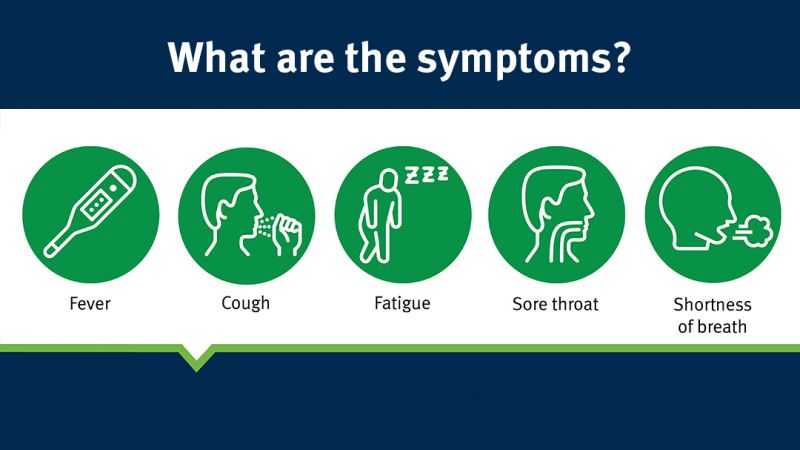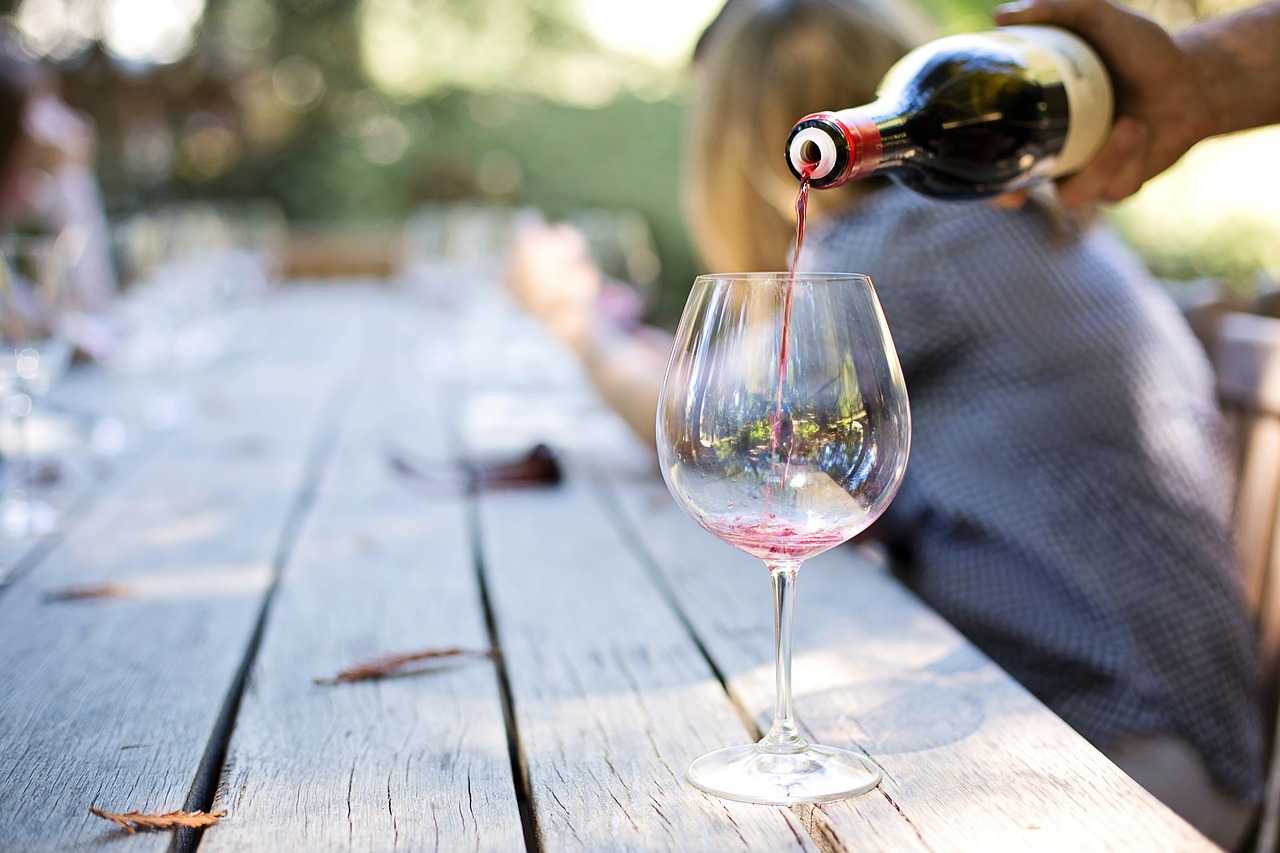The most current status and information relating specifically to Queensland and released by the State Government can be viewed here:
http://conditions.health.qld.
The most current status and information relating to Australia and released by the Federal Government can be viewed here:
https://www.health.gov.au/
Queensland Health: Novel coronavirus (COVID-19)
Novel coronavirus (COVID-19) – everything you need to know, in language you can understand
Health Direct: Coronavirus disease (COVID-19)
World Health Organization: Coronavirus disease (COVID-19)

Viruses are tiny organisms that live inside ‘hosts’ (like you!). When you have a viral infection, like influenza or novel coronavirus(COVID-19), it means that the virus is living inside your body.
The virus that causes COVID-19 is called SARS-CoV-2. Every time we have a new confirmed case of COVID-19, it means that SARS-CoV-2 has spread from one person to another.
How does COVID-19 spread from person to person?
Like any living organism, viruses like to multiply and spread to make sure they’ll survive. SARS-CoV-2 spreads from person to person through droplets that an infected person sneezes or coughs out.
These droplets carrying SARS-CoV-2 can enter your body through the mucous membranes (wet parts) of your face – your eyes, nose and mouth – which provide a direct pathway to your throat and lungs. The good news is that it can’t get in through other parts of your body like your skin or your hair, but you might be surprised just how easily it can get to the mucous membranes of your face.
First of all, the droplets from someone’s cough or sneeze might fall directly into your eyes, nose or mouth if you’re close enough to the infected person, letting the virus enter your system straight away.
Or, the droplets might fall onto a surface where you then put your hands. If you don’t wash your hands, you could move the virus into your eyes, nose or mouth and become infected. The infected person might also get the droplets on their hands if they cough or sneeze into them, and the place them on a surface, where you pick them up.
Direct membrane-to-membrane contact can also spread the virus. This could happen by kissing. The virus can also be spread by sharing items that go in your mouth, eyes or nose, like cutlery, cups, straws, water bottles or cosmetics.
Can COVID-19 spread through the air?
So far, studies show that people are mainly catching COVID-19 through these droplets, rather than the virus hanging out in the air. This is good news, because it means if an infected person is in a room, breathes for a while, then leaves the room, the virus isn’t lurking in the air waiting for the next person to come in. If with further study we find out this information has changed, we’ll let you know.

How can I protect myself from catching COVID-19?
Washing your hands often and properly is the best way to stop yourself from catching COVID-19. Wash your hands with soap and water for at least 20 seconds (or the time it takes to sing Happy Birthday twice). Clean your hands often, particularly before you eat and after you go to the toilet. If you don’t have access to soap and water, use an alcohol-based hand sanitiser.
You should also try not to touch your face. This can be harder than it sounds, because we naturally touch our faces often! See if you can pay attention to how often you put your hands on your face, and then gradually try to do it less.
If someone is sick and coughing or sneezing, you should try to stand 1.5 metres away from them, to stop any droplets getting into your system. How far is 1.5 metres? It’s about the length of a shopping trolley, a giant tortoise or the height of Kylie Minogue. Imagine keeping one of these things between you and anyone who seems to be unwell.
We’re also asking that people who are sick, with any kind of virus, stay at home when they’re unwell so they don’t cough or sneeze any droplets onto other people or surfaces others might touch.
As people around the world continue to study COVID-19, we might find out more about the virus and how it spreads. For now, this advice is the best way to protect yourself from the disease.







